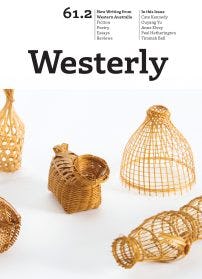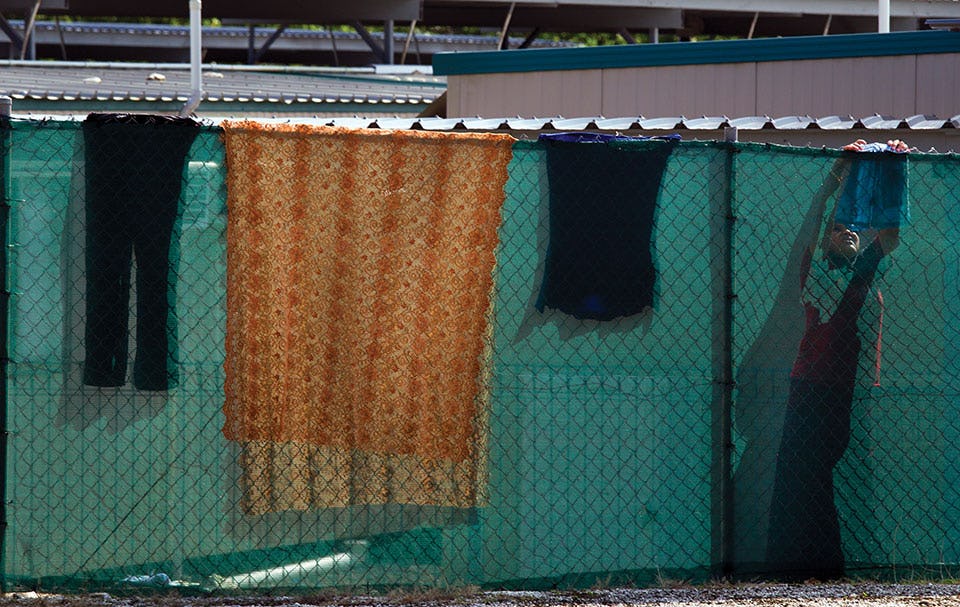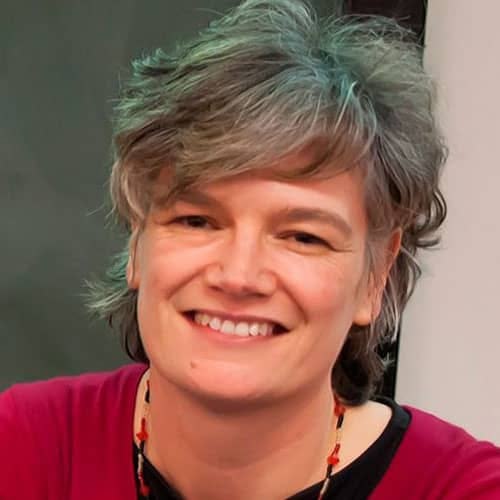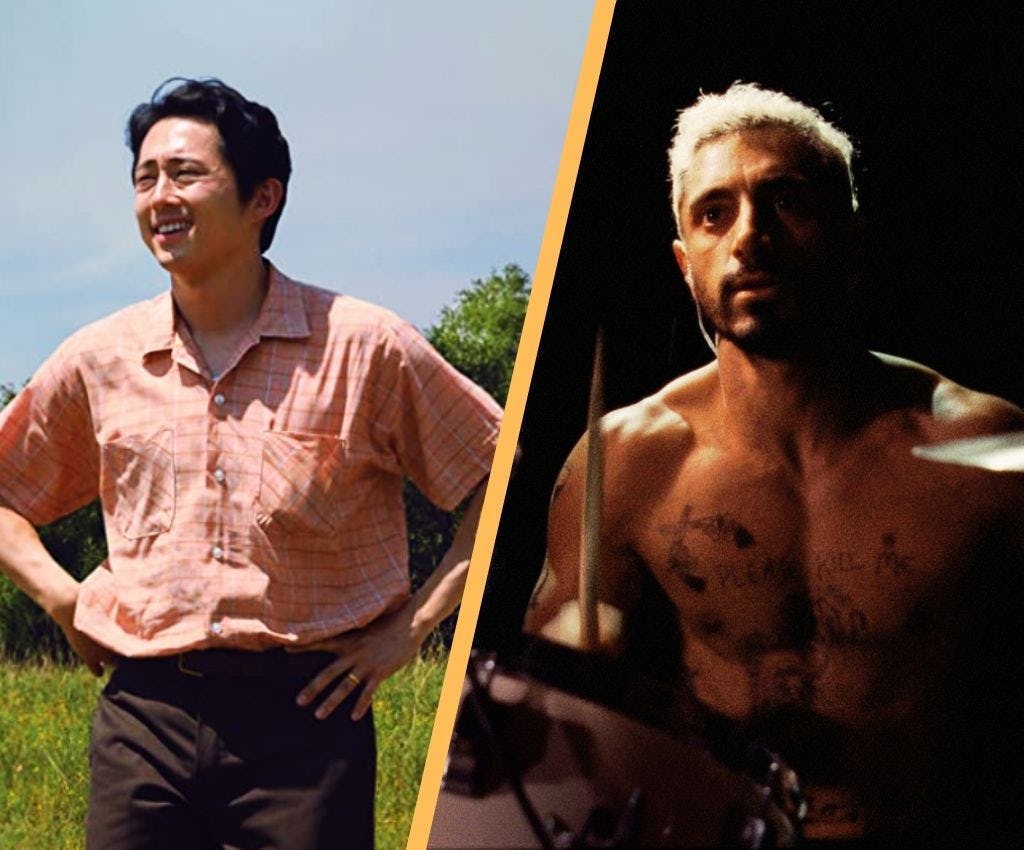The Unexpected Story
Tiffany Tsao • 15 July 2022
How do our expectations determine what stories we’re willing to listen to? How do they affect our interpretations of those stories? Can others’ expectations even reshape our stories about ourselves? To quote Yirga Gelaw Woldeyes’ short memoir (co-written with Rebecca Higgie) where he recalls how Western education changed Ethiopians’ perceptions of their own lives: 'It’s like somebody makes your clothes and then you have to find a way to fit into them.'
Regarding stories told by immigrants and their descendants, Maria Tumarkin wrote in 2011 about the need to avoid selective listening, to resist hearing only what we want to hear. Shokoofeh Azar writes nearly a decade later addressing a related issue: the Australian public’s misconceptions about Iranian refugees to Australia.
'It calls not so much for compassion,' observes Tumarkin, 'but for the will to understand.' In a similar vein, law academic Māmari Stephens discusses the overrepresentation of Māori people in the prison system and what to do when empathy simply isn’t enough.
Perceptions can shift over time – so we hope. Martyn Reyes analyses two recent Western cinematic portrayals of Asian masculinity and how they indicate a long overdue shift away from Hollywood’s desexualisation of Asian men.
We close with Eliza Victoria trying to rewrite the stories that are our realities – 'I am trying to write kindness back into the world'.

Born Free, Created Poor: Coming of Age in Ethiopia
Yirga Gelaw Woldeyes & Rebecca Higgie, Westerly, Issue 61.2 (2016)
(Note on access: download the pdf and scroll to page 58.)
When I left Ethiopia to come to Australia, I was not destitute. I was a well-educated director of a respected NGO. Yet the label 'Ethiopian' made me poor in the eyes of almost every Australian I ever met.

Stories Without Borders
Maria Tumarkin, Meanjin, 2011
Some of the stories won’t be feel-good or funny, or brimming with against-all-odds triumphs, but by God we’ll have to find just as much space for those stories as we’ve found for The Happiest Refugee. They are the link between Australia and the rest of the world, a rope ladder thrown to the boats we are yet to turn away.

Why Iranians Continue to Seek Refuge in Australia
Shokoofeh Azar, World Literature Today, Summer 2020
Since coming to Australia, I’ve heard many Australians say that Iranian refugees are not 'real refugees' or that they are 'economic refugees'. I hope by giving this flavour of ordinary life in Iran to make their judgement more informed.

The Empathy Gap and Me
Māmari Stephens, E-Tangata, December 2018
I had presumed some kind of connection, but I was merely pretending that we were on the same team, that there was some kind of fellow experience between us. In short, I was trying to pretend that I empathised with him, and he called me on that bullshit. I never forgot it.

How Minari and Sound of Metal Redefine Asian Masculinity Onscreen
Martyn Reyes, Kill Your Darlings, May 2021
All at once, he is able to be sexy and attractive, fragile and insecure, furious and vulgar. Ahmed’s performance ultimately stretches the tight parameters Asian and Muslim men have been historically confined to, paving the way for other actors to play roles that reflect the realistically complex and multi-dimensional identities of Asian and Muslim men.
Sapantaha
Eliza Victoria, Australian Multilingual Writing Project, June 2020
I am trying to write kindness back into the world
Or at least the kind of kindness that is not astonishing,
that does not cut skin with its brightness. A dullness.
I am trying to write dullness back into the world.
(Note on access: there is an audio recording of this poem)